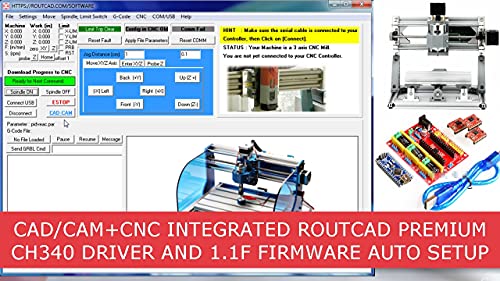- Joined
- Aug 22, 2007
- Messages
- 193
- Reaction score
- 1
I am trying to tap multiple 1/4"-20 holes in a piece of 1/2" mild steel. I am using a #7 pilot drill and a 4 flute taper tap. I have broken 3 so far. I am unable to go more than 1/4 of a turn at a time. I have tried cutting oils and even the next size larger bit..
Would a spiral flute tap be any better. I don't understand why it should be so hard to tap in mild steel!!!
Using Irwin brand taps.
Thanks,
Julian
Would a spiral flute tap be any better. I don't understand why it should be so hard to tap in mild steel!!!
Using Irwin brand taps.
Thanks,
Julian

































































